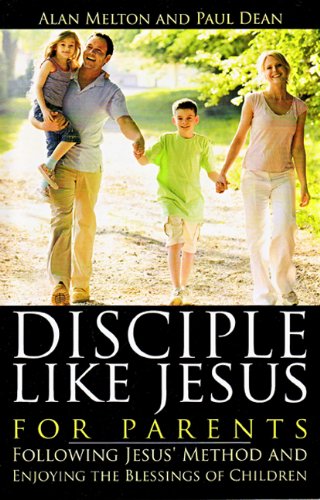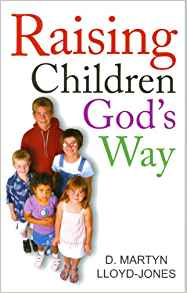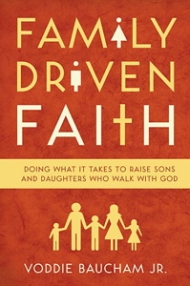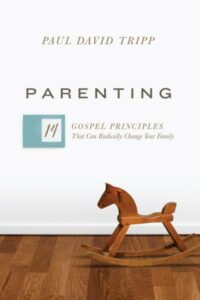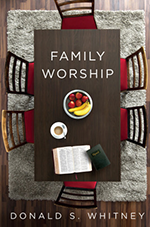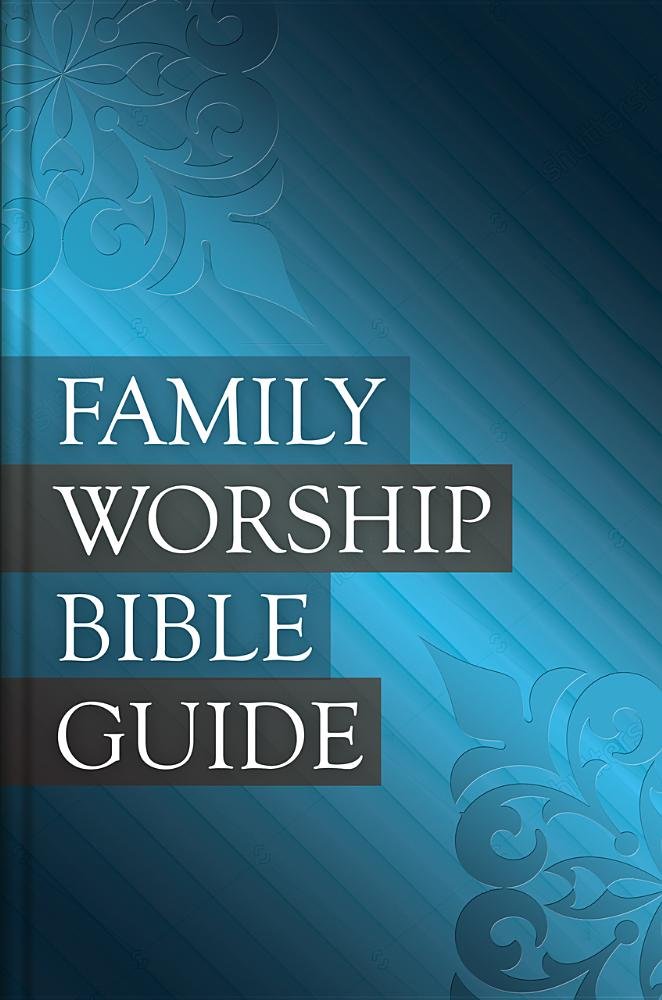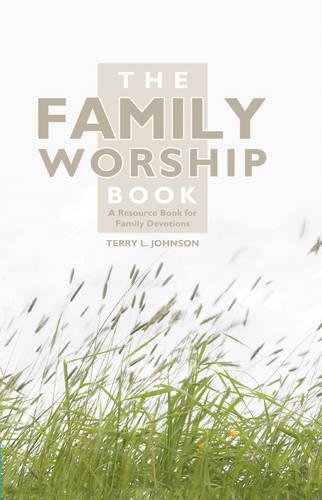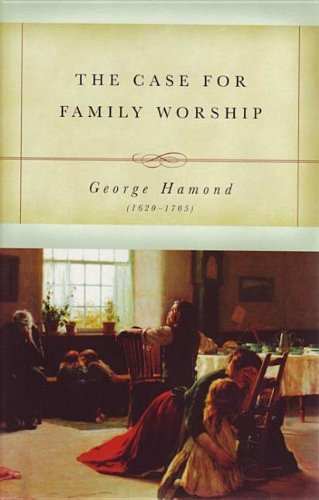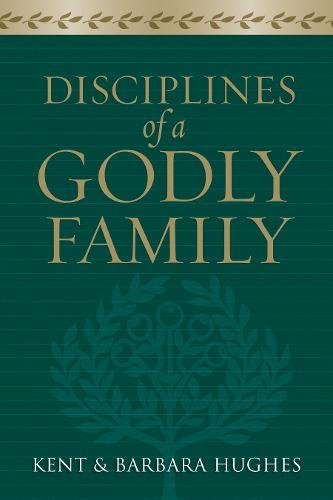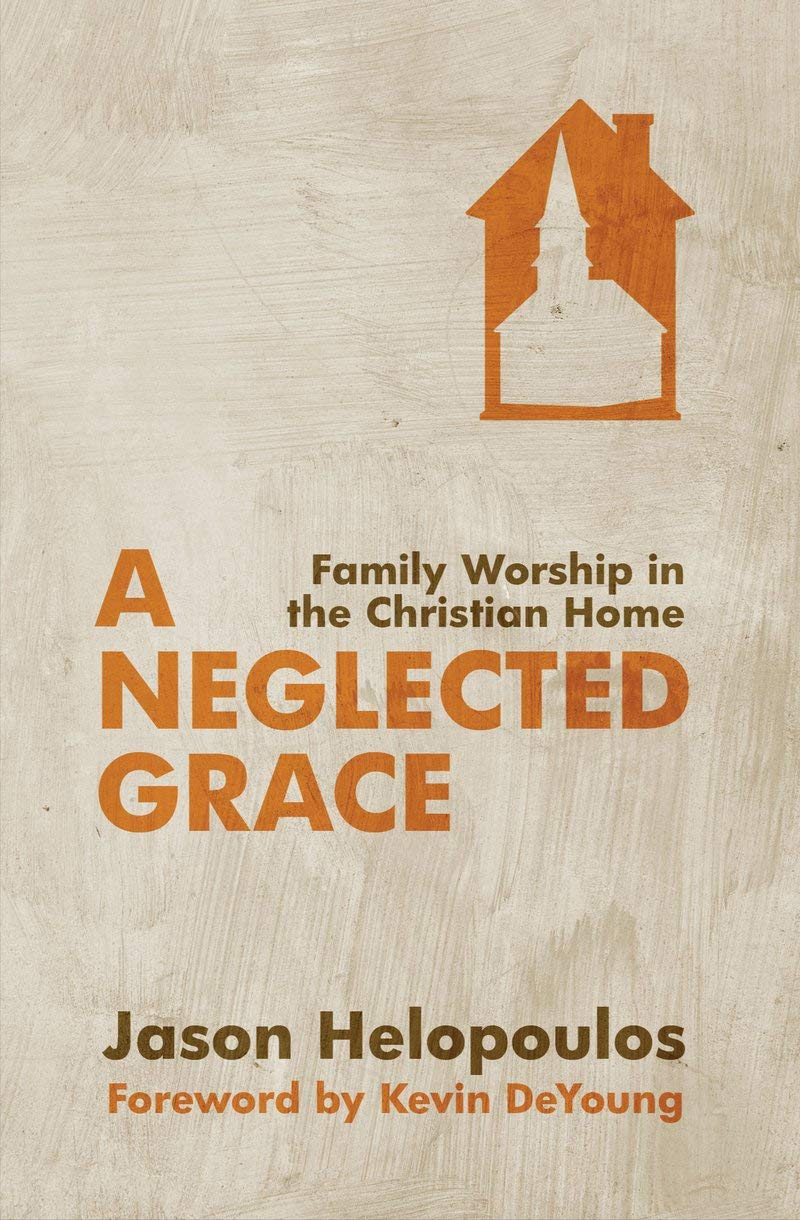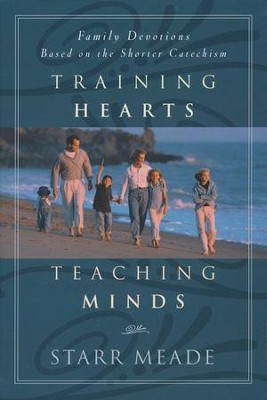The Bible teaches that Christian men who head households should be spiritual leaders in their families. The principal means for this leadership has been in domestic gatherings called ‘family worship,’ ‘family devotions,’ or ‘the family altar.’ This practice was once widespread in the homes of members of Protestant churches; however, today few Christians are familiar with this exercise of spiritual nurture by fathers and husbands. What exactly is required of men who want to begin family worship?
Elements: Those elements of worship that are appropriate for congregational worship are not necessarily meant to be used in the home. As we consider the Biblical texts that touch on spiritual nurture in the home a striking fact is encountered: Only two elements are unmistakably mentioned: 1) use of the word of God; and 2) leadership by the father/husband (Gen 18:19; 31:1-16; 35:1-4; Gen 48-49; Ex 12:1-28; 13:1-16; Dt 4:9-10; 6; 11:18-21; 32:45-46; Jos 24:14-15; Ps 78:1-8; Pr 4:1-4; 1 Cor 14:35; Eph 5:22-6:4; 1 Tim 3:4-5,12).
This means that several practices historically associated with family worship or devotions are not Biblically required for men to spiritually lead their families.
Leadership: There can be no worship without order. Someone must call the participants together and preside in worship. In the family God has given this leadership to husbands and fathers. Indeed, men cannot be truly Christian husbands and fathers unless they spiritually lead their families.
A man must call the participants together (Gen 17:23; 18:19; 31:4; 35:2-3; 1 Tim 3:4). This is the first test of his authority within the family. It will be tested. People are pulled in many directions in homes today and many families do not even eat meals together. Choose a time which is convenient for your family. In my family we all gather together in the morning before the daily routines begin. In the evening I have Bible study with each of my sons and then with my wife after the children have gone to bed.
There is no set time or frequency given for family worship in the Bible. Some have found a twice daily pattern suggested in Deuteronomy 6:7; however, the same passage could be cited for a more frequent observance. Psalm 92:2 seems to describe daily devotions, morning and evening, but that is ‘A Song for the Sabbath Day.’ Other Christians point to the twice daily offerings which pertain to the Tabernacle (Ex 29:38-42). The general lesson from Scripture is that devotions should be regular, at least daily. This principle may be applied to family worship.
If the father is absent there is no Scriptural warrant for someone else to lead in family worship. Family worship is not a ritual which must be maintained even in an un-Scriptural manner. The instruction in congregational worship, personal Bible reading and prayer are adequate to meet the spiritual needs of the members of the family until the father returns to his responsiblity. The same would apply to single adults. Without the element of the leadership of a husband or father in the home, what remains is simply personal devotions.
The husband/father must maintain order once all are gathered. This will be the second test of his authority. Disrespect must be corrected and attention must be focused (Eph 5:22-24; 6:1). If the wife truly wants a Christian husband, he must be the leader, not she. If the wife, as is normally the case today, has greater knowledge of the Bible, she should restrain her comments. She should raise criticisms of her husband’s leadership only with him in private.
Scripture: The reading and discussion of the word of God is the second element required for Biblical spiritual leadership in the family. It is best to read through the Bible and not follow reading plans that jump around in Scripture. Devotionals also detract from the leadership of the husband/father and tend to substitute the words of men, and often women, for God’s words. The Holy Spirit uniquely works through Scripture as a means of grace. ‘Simplified’ Bibles should be avoided since they tend to erase or misinterpret important Biblical words.
If the whole family is gathered together, the minimal leadership of the husband/ father lies in being the one who reads the Bible aloud. Bible reading should be followed by discussion in which any member of the family may ask questions and make comments (Gen 31:14-16; Dt 6:20-25; 1 Cor 14:35). The comments should not become teaching, for the head of the family should be the teacher.
Since wives probably will exercise restraint in their comments in family worship, it is especially important to have a separate time of Bible study between husband and wife. A Christian husband should not underestimate the priority of spiritually nurturing his wife. Scripture treats such ‘washing of water by the word’ as the mark of a Christian husband’s love (Eph 5:26). The one-flesh relationship of marriage is the principal metaphor in the Bible for expressing the spiritual union of Christ and the church.
Individual Bible study with the children also will enhance the ability of the father to be a nurturer sensitive to each individual of his family (Eph 6:4). A Christian father should not be an austere and distant authority figure. Bible study with each child better reflects our heavenly Father’s involvement with each of us, His children adopted in Christ.
Prayer: While we have examples of heads of families praying for their families, we do not find a command to lead the family in prayer nor a record of men doing so, let alone anyone else in the family leading in prayer. The Biblical examples of men leading a congregation in prayer or unison prayer by the congregation need not be transferred to family worship.
A form of Scripture prayer related to the reading can be adopted. In our family worship we will repeat in unison one or two verses from our reading. It is very, very rare not to find appropriate verses. I will ask the kids in particular to recommend a verse. This causes them to re-read the section and reflect on it in another way. Then, I decide which verses will be read together.
It seems that prayer in the ancient near east was chanted or sung. This practice is evident today among Orthodox Christians, Jews and Moslems in the region. So, it is not surprising that prayer in the Bible tends to blend in with the next element of worship.
Praise: Singing is a vital element of congregational worship. It also has been practiced in family worship. Nevertheless, we do not have a clear instance in the Bible of singing as a component of worship in the home. Therefore, while singing in the family can be a great blessing, it is not required as an element of Biblical family worship.
Catechizing: Catechisms, forms of instruction through a series of questions and answers, can provide useful summaries of Biblical doctrines. The Westminster Shorter Catechism and the Heidelberg Catechism have become part of the creeds of certain denominations. The worship in the home of the Old Testament involved the use of a question posed by one of the children to the father on several occasions (Ex 12:26-27; 13:11-16; Dt 6:20-25). Traditions have developed regarding the use of catechisms that reverse the Biblical practice. Instead, children should be encouraged to ask their fathers questions during Bible study.


